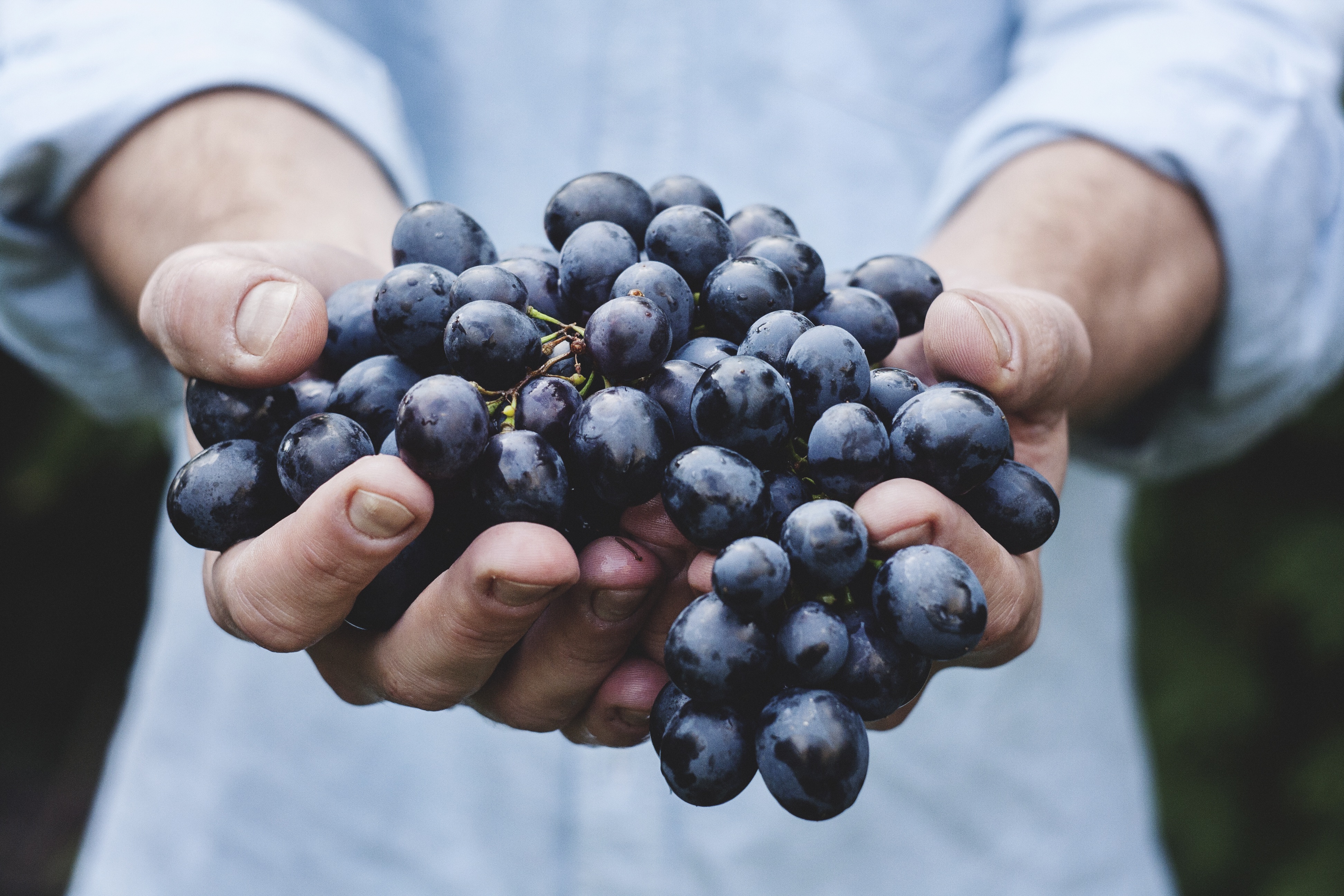Nourishment is the nutrients in our foods, the taste, the aroma, the ambiance of the room, the conversation at the table, the love and inspiration in the cooking, and the joy of the entire eating experience”. – Psychology of Eating
Real Nourishment
Nourishment involves so much more than just the physical foods we eat. It’s a tapestry of connections, beliefs and experiences. Connections to the planet, to farmers, to our community, to our loved ones, to our bodies, and to ourselves. Beliefs around food, body image, self worth, and how we interact with those things. And the actual experience of preparing and savoring delicious food–the life sustaining nutrients we all require.
It is worth investing in this part of our lives for many reasons. Most importantly because our nourishment is the foundation for everything else we want to be and accomplish in our time here. It is the necessary fuel to live our most inspired and meaningful life. Eating is required for life. And how we do it can shift everything.
Deepening our nourishment is an ongoing process of discovery. There is no final destination. We will never arrive at a perfect diet or approach. Rather the nourishment we need will continue to evolve with us. And our job is to continually listen, learn, and adjust.
This blog is part one of a series we are doing on nourishment. Today we’ll begin with nutritional knowledge from outside sources. Keep an eye out for more blogs in this series in the coming months as we peel back the “layers of the onion” on infusing our lives with Real Nourishment.
Nutrition Knowledge
High quality nutritional research and information is a great place to start our journey to deeper nourishment. But there is so much nutrition information out there. Where does one even begin?
It can be incredibly overwhelming to sift through the sea of often conflicting voices. Eat meat. Be a Vegan. Alcohol is bad for you. Red Wine is good for you. Don’t eat eggs. Eat Eggs. Coffee is an antioxidant. Caffeine is harmful. Fat makes you fat. Fat makes you skinny. It’s no wonder so many of us feel confused about what a healthful diet looks like.
One major reason conflicting nutritional information abounds is that nutrition research is difficult to execute and interpret well. Sample sizes are often small making the results less significant. The people funding the studies are often very biased toward a particular outcome supporting a certain food or product. Even big, well executed, randomized controlled trials do little to help us understand the genetic, environmental, and biochemical individuality that makes each person’s nutritional needs unique.
And the more we discover about how food interacts uniquely with our bodies, genes and environment, the more clear it becomes that there is no “perfect diet.” There is no one size fits all solution to eating well. A nourishing diet is different for each person. And it changes over time.
There are likely as many excellent ways to eat as there are people on planet earth.” – Psychology of Eating
It makes sense then why there is so much debate over the “perfect diet.” It doesn’t exist!
A Solid Foundation
It’s time to re-welcome real food, wild food, fermented food, naturally grown food, fresh food, locally grown food, and food grown with love and care back to the table.” -Psychology of Eating
Despite the inherent limitations of applying research studies to individuals, our current body of nutritional research and clinical knowledge does contain a lot of valuable information. And it provides a great place to begin our own personal food exploration. So it’s worth taking the time to learn the basics of what we understand scientifically about nutrition from a well respected source–a nutritionally educated healthcare provider, respected research journals, etc. But the next critical step is to run the information by the gold standard test–the wisdom of your own body.
Most well respected sources of nutrition information in the worlds of science and medicine agree that humans tend to thrive when they eat…
-
- Real, whole foods – i.e.,fresh, minimally processed foods that we can prepare in our own kitchens.
- Mostly plants – around 75% of our food intake
- A wide variety of colorful foods – there are tons of nutrients and health promoting compounds found in different foods, especially colorful fruits and vegetables. Eat a wide variety of colors and kinds of food to give yourself the best chance of getting all the nutrients your body needs to thrive.
- Foods that boost our microbiome – eating lots of plant fiber, fermented foods, and nutrient dense foods like leafy greens all restore diversity and balance within the large community of essential bacteria in your digestive tract and throughout your body. Having lots of different beneficial bugs in our body has an enormous impact on our health that we are just beginning to understand–from cancer prevention to weight loss to relief of depression symptoms.
- Foods low in “extras” – i.e., pesticides, antibiotics, hormones, additives, preservatives, dyes, MSG, artificial sweeteners, etc.
- Plenty of high quality fats – i.e.,Omega 3’s, nuts, coconut, olive oil, avocados, and fat from grass fed animals.
- Adequate high quality protein – i.e., nuts, seeds, grass fed meat, sustainably raised eggs, low mercury and high Omega 3 fish like wild caught salmon.
- Low Glycemic – less sugar, flour, and refined carbohydrates. This goes along with #1–eat real, whole foods. Eating low glycemic is one of the most important ways to prevent and reverse many of the chronic diseases we are dealing with today.
- Naturally grown, fresh, local foods cultivated and made with love. Foods cultivated and made this way nourish us, our communities, and our planet.
- Modest amounts of “fun” foods – Just as important as eating all of the deeply nourishing foods above on a regular basis, is developing a healthy relationship with foods that don’t fall into these guidelines. This means finding ease and comfort in enjoying “fun” foods to the fullest in modest amounts. Enjoy a guilt-free slice of cake at your friends birthday party or a glass of champagne at your favorite restaurant–knowing that the majority of the time you support your body with lots of nutritious choices.
There are a few areas of controversy worth mentioning–in particular whole grains, beans, dairy, and meat. High quality sources of these foods appear to be tolerated well by some people in modest doses. But in some people contribute to diabetes, obesity, heart disease, and immune imbalance, among other issues, especially when not sustainably raised/grown. My recommendation is to try these foods in your own body. If it feels like they support your nourishment, enjoy them in modest amounts. If not, focus on nourishing your bodies with foods that support you more fully. And if you have any medical conditions be sure to discuss these foods with a nutritionally educated healthcare provider.
The Journey
Now I’m betting there was nothing too surprising in those guidelines for you. And that anything you hadn’t heard felt pretty straight forward. This is great news! The things that nourish us really are that simple! Once we understand the basics we can start learning how to actually implement these nourishing habits in the midst of our already full daily lives.
Perhaps even more importantly we can begin the ongoing journey of our own personal nutrition exploration. And keep investing in a beautiful, soulful relationship with food.
Look for more posts on Real Nourishment in the weeks and months ahead! We look forward to supporting your most thriving body.
Have a nourishing day!
With Love,
Amber
Team Luminary
P.S. I’ve been super inspired by the work of the Institute For Eating Psychology lately. You’ll notice a few of their quotes scattered throughout this post. Check them out if you are interested in the mind-body aspect of eating and ways to transform your relationship to food. We’ll be sharing more on these topics soon!
P.P.S. One of my favorite straight forward articles on the state of current nutritional research and knowledge is “Why I am a Pegan” by Dr Mark Hyman. If you are interested in reading more about specific foods and nutritional recommendations, check it out!





